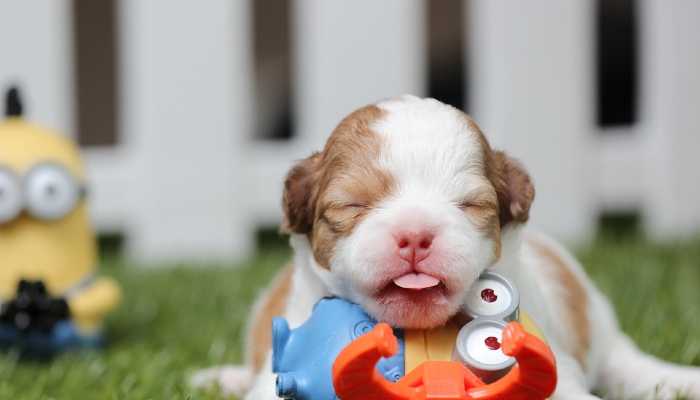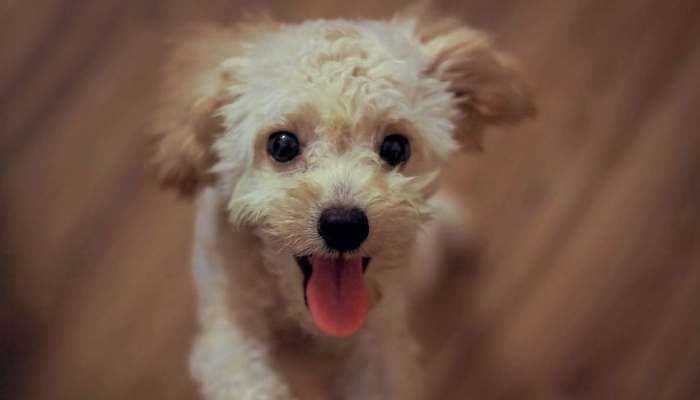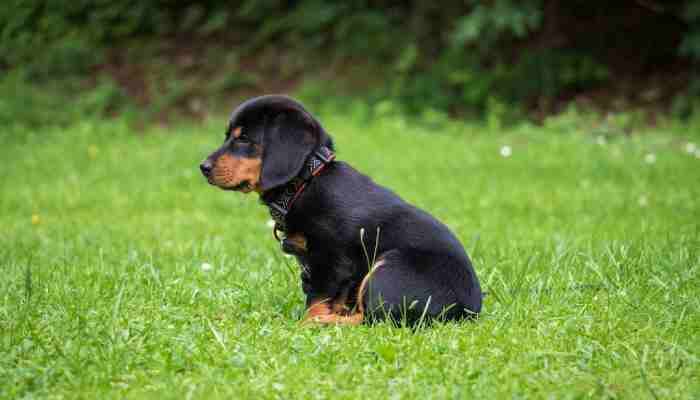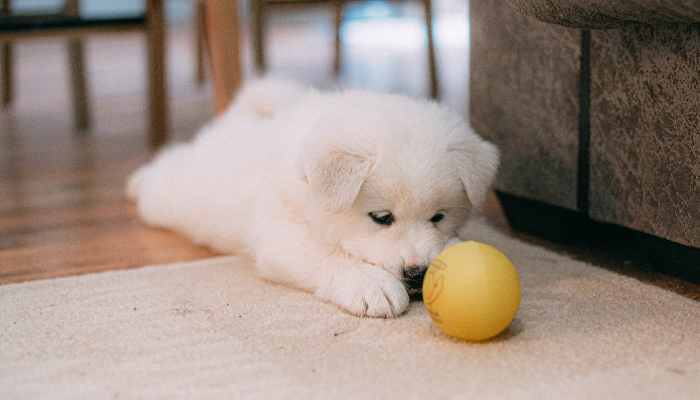Puppy proofing your home is an important step to take before bringing a new puppy into your home. As a responsible pet owner, it’s your job to make sure that your home is safe and secure for your new friend. This will not only prevent accidents and injuries, but it will also help to establish good habits and behaviours in your puppy from the very beginning.
So, what does it mean to puppy proof your home? Essentially, it’s about making sure that your home is free of any potential hazards or dangers that could harm your puppy. This includes everything from electrical cords and small objects that your puppy could swallow, to cleaning products and medications that could be toxic.
One of the first things you should do when puppy proofing your home is to take a good look around and identify any potential hazards. This includes things like:
* Electrical cords
Puppy chewing on cords is common, and if they manage to go through and expose the wires, it can be harmful. Make careful to keep all cords covered or out of reach to avoid this. Keeping electrical wires out of your puppy’s reach is the simplest way to stop him from chewing on them. This can be accomplished by using cord covers or as simple a solution as tucking cords beneath furniture. Puppy teething and the urge for something to chew on are two reasons why pups chew on cables. You may help to satisfy your puppy’s need to chew and lower the possibility of them chewing on cords by giving them plenty of appropriate chew toys. In order to stop your puppy from chewing on cables, it can be beneficial to learn them to understand simple orders like “leave it.” To prevent any incidents from happening, it’s also crucial to constantly watch over your puppy so you can stop them if they begin to chew on a cord.
* Small objects:
Puppy swallowing of small objects in the home is one of the risks they confront. Puppies are naturally curious and eager to investigate their surroundings, which can occasionally result in them ingesting foreign objects. It’s unfortunate because this can be exceedingly risky and even fatal. A puppy’s digestive system can become blocked by small items, which can result in major health problems. In extreme circumstances, surgery could be necessary to remove the object and preserve the life of the puppy. Simply keeping them out of reach is one of the simplest methods to stop your dog from eating little objects. This includes anything like toys, coins, and other everyday objects that your dog might be enticed to chew on or ingest. Because garbage cans can smell like a number of interesting and possibly delicious things, puppies frequently become drawn to their smell and it may contain little things that your dog may ingest. Use a trash can with a lid to keep your dog out in order to avoid this.
* Toxic substances:
As puppies are more delicate and susceptible to harm than adult dogs, it is necessary to be aware of the hazardous substances that can be detrimental for them.
Some typical toxins that can be harmful to pups include: medications, cleaning products, human food (chocolate, grapes, raisins, onions, garlic, avocado, nuts, alcohol), and even some plants. It’s crucial to be aware of the signs of poisoning in puppies, which might include tremors, lethargy, vomiting, diarrhoea, and lethargy. Get medical assistance right away if you think your puppy may have consumed something harmful.
* Sharp objects:
If they are left within reach, sharp things like knives, scissors or tools can be dangerous for pups. Puppies may be enticed to chew on or play with sharp things because they are inquisitive and love to explore their surroundings. If the object is swallowed, this could result in possibly fatal injuries as well as significant injuries including cuts or punctures. Keep sharp objects out of reach so that your puppy won’t come into contact with them. This can entail keeping them in a locked drawer or a high cabinet.
* Dangerous plants:
When pups consume some plants, it can cause major health problems or even death. It’s critical to be aware of the plants that are harmful to puppies and to take precautions to keep your puppy away from them. Some common plants that are toxic to puppies are lilies, sago palms, foxglove, tulip, daffodil, iris, azalea, hyacinth, rhubarb, among others.
Once you’ve identified and removed any potential hazards, there is another other thing you can do to further puppy proof your home, buy baby gates. Puppies can be kept contained in a specific section of the house with the use of baby gates. This might be especially useful if you need to keep your puppy in a secure location but are unable to watch over them. Also use child safe locks on the cabinets you think your pup might try to explore.
Puppy proofing your home may seem like a daunting task, but it’s an important part of being a responsible pet owner. By taking the time to remove potential hazards and establish good habits, you’ll be setting your puppy up for success and helping to ensure a happy, healthy life.




